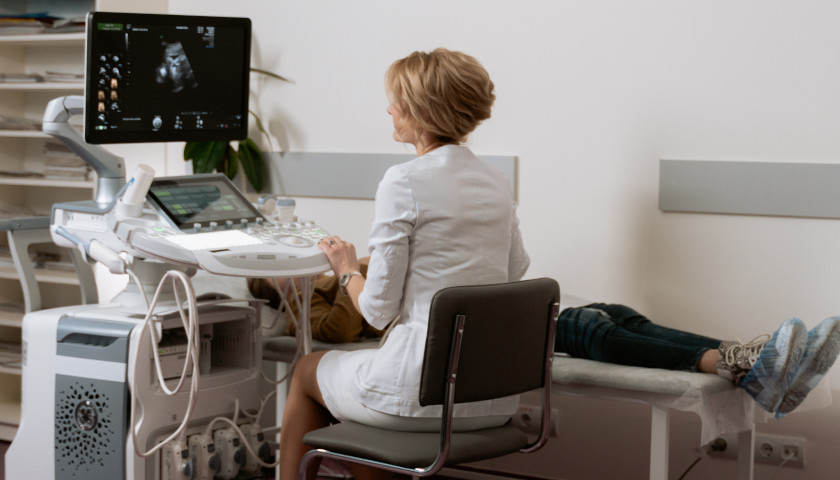by Amber Beery Day, M.D.
Broad, sweeping language can easily mislead those caught up in its charm, especially in discussions about abortion “rights.” A deceptively worded constitutional amendment that pretends to protect the “right” to abortion in the Buckeye State would, in fact, abolish the need for parental consent laws for abortion, should it be placed on the ballot this fall and approved by voters.
Abortion activists are proposing an extreme amendment to the Ohio constitution that would go as far as denying loving parents the ability to consult with their own daughters about their abortion decision. Such a dangerous change to the 172-year-old constitution would do nothing but threaten young women for years to come.
In reality, the broad language of the amendment sacrifices safety for young women by prohibiting parental consent and valuable guidance leading up to such a consequential decision as ending the life of a child in the womb.
In my experience as an Ohio pediatrician, I’ve seen that teenagers lack the proper frontal lobe development to make important decisions on their own. The prefrontal cortex is a part of the frontal lobe of the brain and is not finished developing until about age 25. It is responsible for carrying out “executive functions” like planning, decision making and impulse control, skills that allow people to pause and assess situations and execute action accordingly.
Even my fully developed adult brain undergoes clouded judgment when I’m in situations that make me vulnerable or less resilient. In those cases, I turn to family members, including my own parents, for help making my decision. To expect a teenager to singlehandedly anticipate future consequences of obtaining an abortion is ridiculous at best.
State laws already on the books acknowledge the scientific reality that frontal lobe development is not yet complete in teenage children. Ohio law requires parental consent for procedures like laceration repair or setting fractured bones. Even high school students require paperwork signed by a parent to take any medication, including Tylenol or a cough drop at school. Many rental car companies will not allow people under the age of 25 to rent a car. Likewise, people are unable to buy alcohol until the age of 21, but with parental supervision, they can be served alcohol before reaching the legal drinking age. Each of these examples highlight the value of parental wisdom and the need for such supervision over young adults. It’s inherently inconsistent to remove parental involvement from a teenager’s decision to terminate another human life in the womb.
I’m also often surprised by how little teenagers know about their own personal health history and medications. Without knowledge of a family history of bleeding problems or adrenal insufficiency, young women could put themselves at risk of complications from abortions. Likewise, parents are frequently the first to identify mental health problems, which commonly occur after young women undergo abortion and could be missed without knowledge of the procedure.
Taking Ohio parents out of the picture would not only expose girls to the risks of obtaining an abortion without fully understanding them but would also leave them exposed and vulnerable to predators.
Without parental protection, teens would have little safety from intimate partner violence, sex trafficking abuse and other forms of coercion.
The “Right to Reproductive Freedom with Protections for Health and Safety” amendment poses great risks to young women in the Buckeye State. Voters would be wise to reject an amendment so at odds with commonsense parental consent law and basic human development. Young mothers with unexpected pregnancies deserve protection and guidance so they can flourish free from the consequences of an uninformed decision.
– – –
Amber Beery Day is a board-certified pediatrician who was raised in Ohio and now practices in the state.
Photo “Abortion Supporters” by Becker1999. CC BY 2.0.








